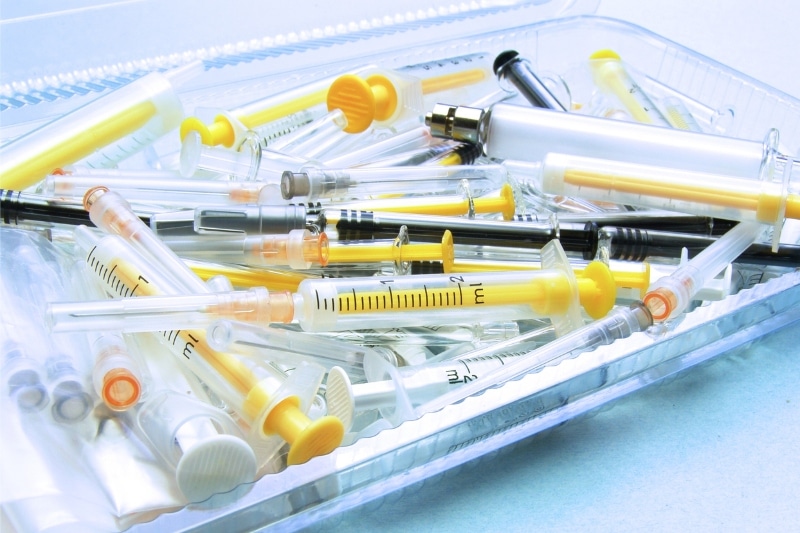The development of COVID-19 has put the issue of medical waste in Indonesia in the spotlight. According to the Indonesian Environmental Scientists Association (IESA), there has been a surge of 70% of medical waste, ranging from PPE, syringes and intravenous lines, from March to May 2020 in hospitals treating COVID-19 patients.
The Ministry of Health estimates that health institutions in Indonesia produce up to 290 tons of medical waste each day. With a combined capacity of 170 tons of waste daily, the 10 licensed medical waste processing plants in Indonesia cannot keep up despite 87 hospitals having incinerators on site to process up to an additional 60 tons daily.
Much of the medical waste in Indonesia is being processed via the use of incinerators, which was deemed to be the most efficient technology by the Ministry. However, only 69 hospitals in 19 provinces have the necessary permits to process hazardous waste. Hospitals that do not have incinerators typically work with third party waste processors to process their waste. However, most of the medical waste management companies were only waste transporters and waste processing facilities were still focused on Java Island.
In response to the growing medical waste, the Ministry of Health is working together with the Ministry of Environment and Forestry to assist hospitals for better COVID-19 medical waste disposal. One such measure is allocating special bins throughout Jakarta to be used for temporary disposal sites (TPS) of used masks. In West Java, PT Jasa Medivest, a company with experience in medical waste disposal, has been appointed to process medical waste across the province.
(Sources: Jakarta Post; The Star)
